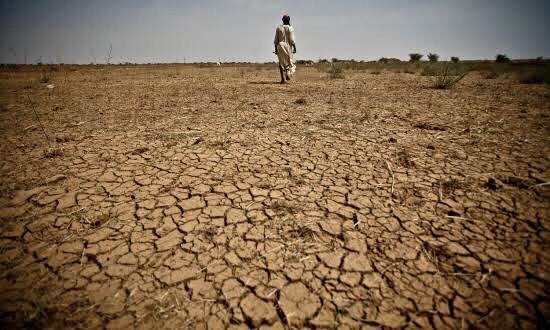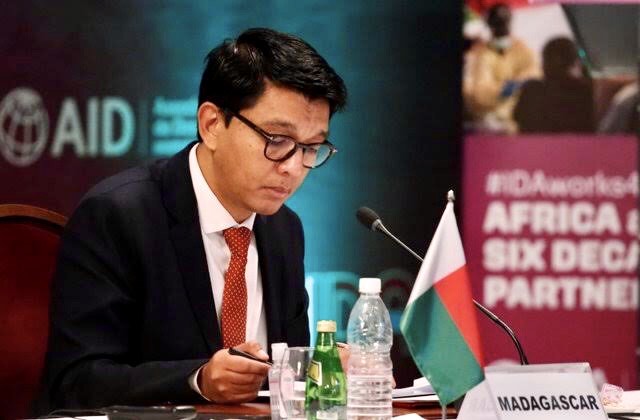
By Faith Nyasuguta
A Monday report by the United Nations scientific panel revealed that the global climate is changing at alarming rates and humans are to blame.
It further cautioned of extreme weather conditions in coming years.
“ Humanity will suffer the consequences of rising sea levels and melting Arctic ice, before urging drastic cuts to emissions in order to hold the global temperature to under the limits set by the 2015 Paris Agreement,” it said.
Following the recent report and slow development in the continent, Africa as a whole is vulnerable.
“The entire continent is highly exposed to climate extremes, at a relatively high level of vulnerability, which amplifies the problems that the continent is experiencing, including poverty, limited infrastructure, conflicts and urbanization in development,” Youba Sokona, the vice-chair of the Intergovernmental Panel on Climate Change (IPCC) said.
Minimal research
The IPCC issued a two-page fact sheet on Africa’s observed and predicted climate trends, but data scarcity on the maps is very clear.
The IPCC noted that only two of Africa’s nine subregions had an observed increase in extreme rainfall- the western and eastern southern Africa.
For the other seven regions, the fact sheet said there was “limited data and/or literature” available.
Just about five of the subregions gave enough data to predict a rise in drought rates.
Kenya’s Mohamed Adow of climate and energy think tank Power Shift Africa, likened the scarcity of data to the old philosophical adage: If a tree falls in a forest and no one is around to hear it, does it make a sound?
“People in Africa are certainly aware of the overwhelming heat, rising seas and extreme weather on the continent, but if they are not being recorded by scientists it will be much harder for African voices to be heard in the climate debate to tackle it,” he said.
The UN report clarified that human activities are behind the 1.1C of warming above pre-industrial levels seen so far.
However, Adow underscored a basic injustice indicating that most climate-vulnerable nations are virtually blameless for the emissions pushing them into extreme weather.
“Africa is most affected and yet least responsible for climate change,” he said.
“Sadly, it’s also producing the least scientific research, and this lack of research is hurting the region’s ability to adapt.”
Adding, “We need to urgently address this and ensure researchers and funders come together and invest in filling these glaring gaps in climate research.”





